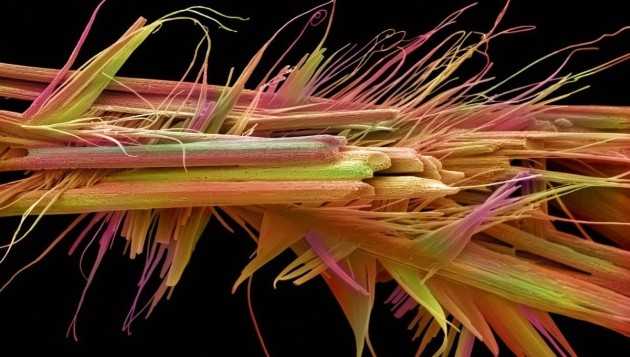POTSDAM, New York, U.S. – A team of Clarkson University researchers recently published an article in the peer-reviewed scientific journal Nutrients that shows natural caffeine has a more consistent and lasting effect than synthetic caffeine when it comes to cognition and moods.
Associate Physical Therapy Professor Ali Boolani teamed up with Associate Mathematics Professor Sumona Mondal, PhD Student Daniel Fuller, Associate Chemistry & Biomolecular Science Professor Costel Darie, and Masters Student Tyler Wilkerson to study the effects of natural caffeine as compared to synthetic caffeine.
“We wanted to explore whether there was a difference in how natural caffeine infused with adaptogens influenced cognitive function, mood and physiologic functions (heart rate, blood pressure and hand eye coordination) compared to synthetic caffeine,” Boolani said. “Synthetic caffeine is what you find in most energy beverages whereas natural caffeine is what you find in coffee.”
Based on their research, Boolani said the biggest finding was that natural caffeine infused with adaptogens provided a steadier improvement than synthetic caffeine, which saw a spike in its effect on those who participated in the study before tapering off.
“We found that while both improved cognition and moods, the synthetic caffeine had an initial spike after 30 minutes and then tapered off or saw a slight decline at 60 and 90 minutes, while natural had a gradual improvement in performance,” Boolani said. “We think that if we would’ve continued our experiment we might have seen better improvements with the natural caffeine product (E+shots).”


















